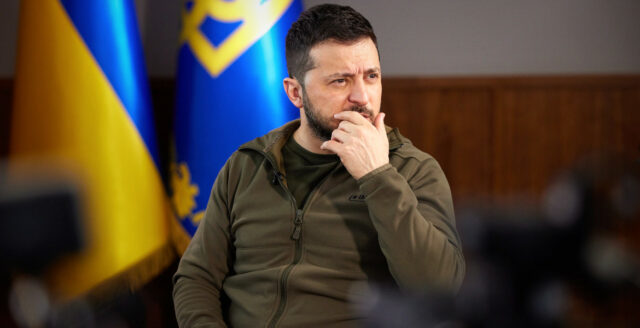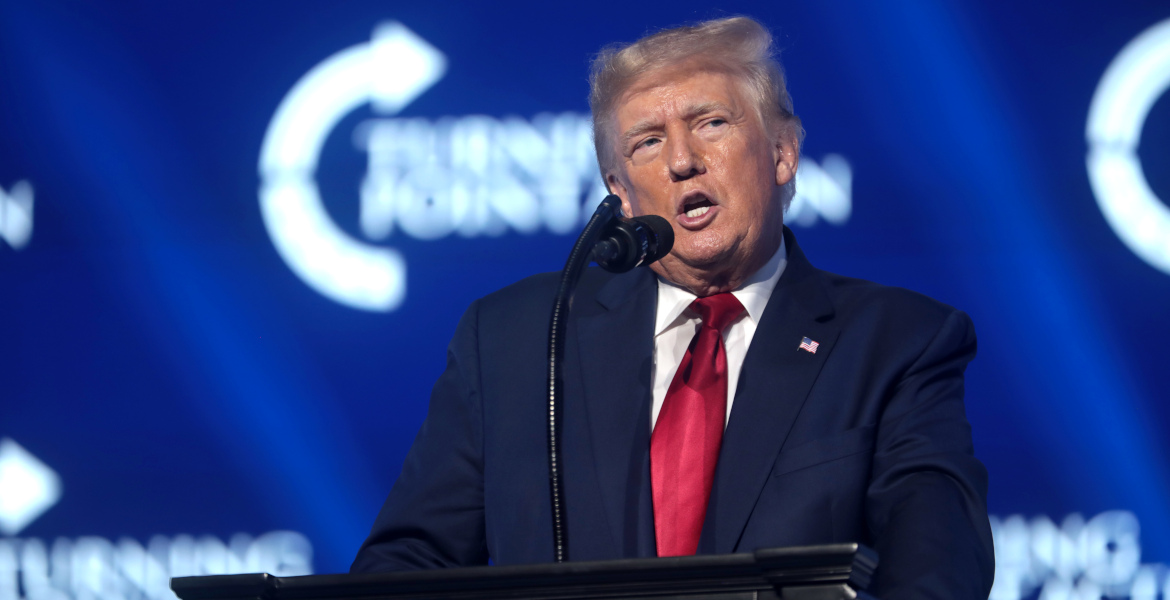A laboratory in Spain is breeding and sterilizing thousands of tiger mosquitoes every week. The goal is to prevent the invasive species from spreading disease in Europe.
The Asian tiger mosquito, described as the world's most invasive mosquito species, has reportedly spread across Europe, becoming established in Austria, Bulgaria, France, Germany and Greece, according to the European Center for Disease Prevention and Control (ECDC). It has also been spotted in Belgium, Cyprus, the Netherlands and Sweden. The Aedes aegypti mosquito spreads dengue fever, a disease that has been on the rise worldwide, according to the World Health Organization. The disease causes flu-like symptoms, but can be more severe and, in the worst cases, fatal
The Spanish city of Valencia has begun breeding and sterilizing tiger mosquitoes to combat dengue fever and other mosquito-borne diseases. Each week, 45,000 sterilized tiger mosquitoes are released in the city. The mosquitoes then attempt to mate with other mosquitoes, but since these mosquitoes cannot reproduce, it is hoped that the population will eventually be significantly reduced.
–There is a favorable environment for most of the year and the population is growing all the time, Vicente Dalmau of the Valencia health department told the Guardian.
There are various sterilization techniques used in other parts of the world, but the Spanish laboratory is the leader in using it on tiger mosquitoes in Europe. The technique, which involves exposing the mosquitoes to ionizing radiation, follows previous experience with fruit flies.





